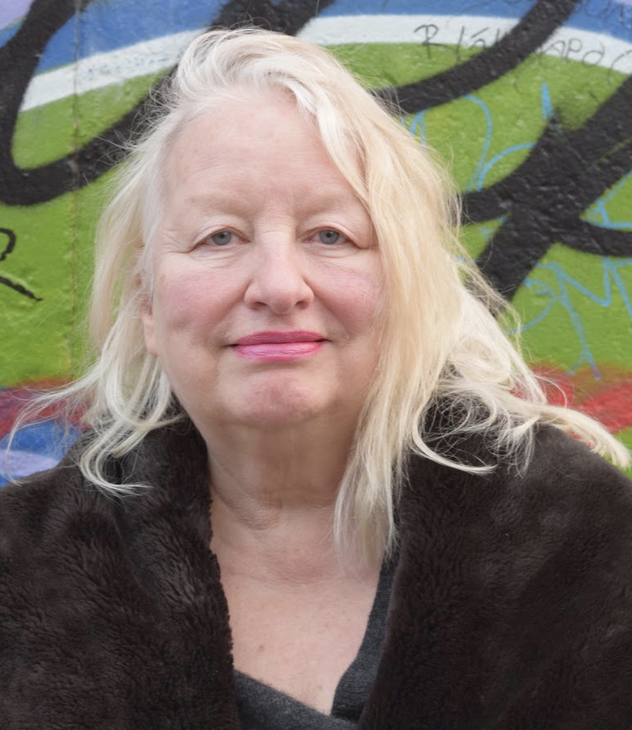It's the Reach: An Interview with Carole Maso
By Craig Morgan Teicher
Carole Maso is revered by readers and fellow writers for her boundary-breaking novels, including The Art Lover, AVA, and most recently, Mother & Child. She joined the faculty of the Writing Seminars this past June and, on the first day of residency, gave a remarkable lecture that set the mood for the whole ten days. We talked about that lecture and the relationship between a writer’s life and her work.
 Your lecture stirred a kind of excitement that lasted through the residency, students approaching you about it every day. Why do you think your lecture struck such a chord?
Your lecture stirred a kind of excitement that lasted through the residency, students approaching you about it every day. Why do you think your lecture struck such a chord?
It was the first full day, and I didn't have any idea what to expect. I had something sort of prepared, but then I kept leaving it and saying other things and just feeling like, well, who is it I'm talking to, and what might they actually want to know? I didn't anticipate that they would take it so to heart. I was a bit undone because of the nature of the response, because for me, this is just kind of the things I say and the way I am.
It was really thrilling to see that the central questions you set in motion for our community are: how do you sustain a life as a writer and how do you sustain your own interest in your writing?
This notion of what matters to someone and why, those kinds of things are not usually part of what students are necessarily entertaining, questions about how one's actual life, what has marked or wounded you, what moves in you. What are those urgencies, those internal imperatives that bring you to the page in the first place and how might these things that deeply reside within create a back and forth between word and world that is formal and immersive.
These are the kinds of questions writers need to ask themselves as they set out to make writing more central to their lives.
When I start every semester with my graduate writing students, I ask them two questions: What do you want from your writing? and who are you prepared to be in order to get that? I don't care if you want to be Stephen King or whoever, that's fine, but you've got to be honest with the kinds of things you want and need and require, and then earnestly ask yourself what you are going to do about that.
Your fiction has always been formally innovative, straddling genre lines long before that was cool. In your lecture, you talked about how finding the form and shape of each of your books was a central part of your process and exploration. Can you talk about form a bit?
This notion of form and content being intimately linked, that how you tell the story is as much the story as anything on the surface that are the details of it, is very important to me. How do you find this kind of marriage of content and form so that it resonates in incredibly convincing and real ways for both the writer and hopefully reader, a shape that will allow you to explore in a deeply satisfying, largely intuitive and profound way the thing before you.
That kind of formal thinking is almost the prerequisite for writing a poem, but I think it’s sometimes a foreign idea to fiction writers.
Right. As if prose is a means to get to the story somehow. It's often just utilitarian. So I do really advocate as a prose writer being a student of poetry, of music, of film and of everything else, because it really helps. The unconscious, how it appears on the page and what it starts to tell you, is much smarter than you are. If you revere that and honor it and trust it, it will mysteriously start revealing itself to you, and a shape will begin to insinuate itself.
You also talked a bit about the idea of failure—that whether or not a reviewer understands your book or whether it sells a million copies, it’s still a success if it comes from a profound writing experience, that those exterior things don’t actually have to have any bearing on a writer’s artistic journey.
Absolutely. That mindset is so freeing if you can actually take it in and believe it. Writing is such a privilege then, and it's so exciting and challenges something in you that you cannot access or approach in any other way. What I love most are the things I actually can't do. I've got a novel I've been working on for 25 years intermittently, and I know I can't do it. It is the reach that is beautiful. It's the reach.